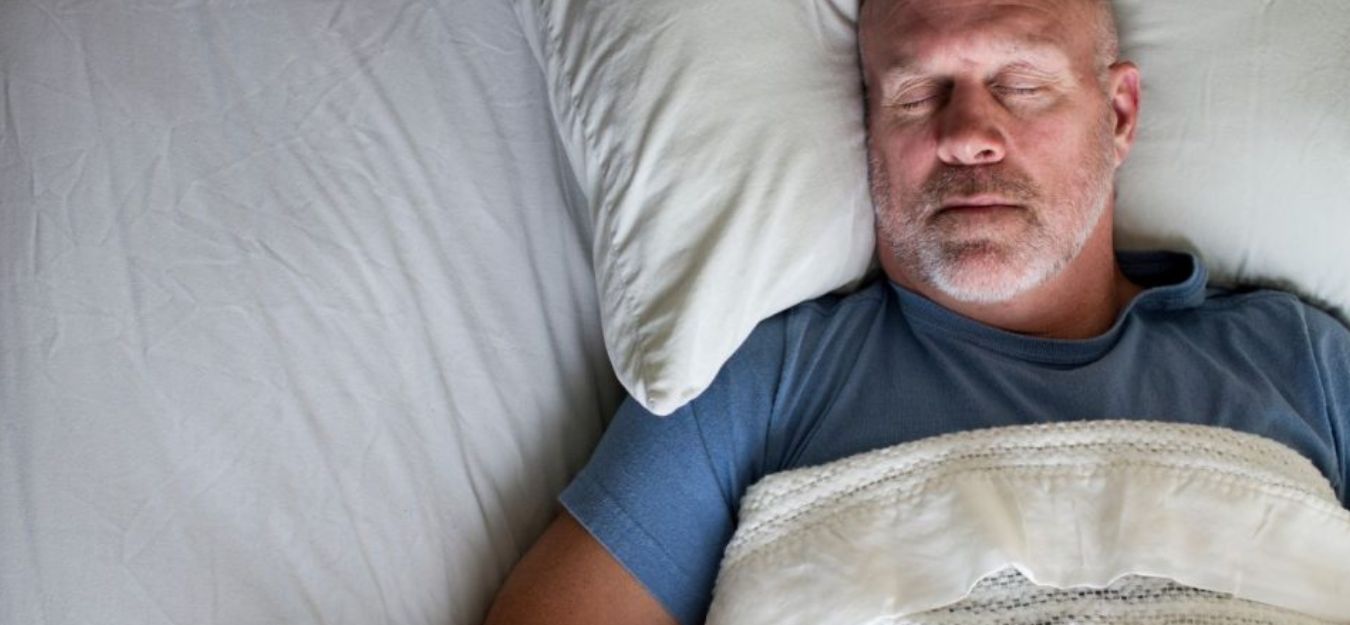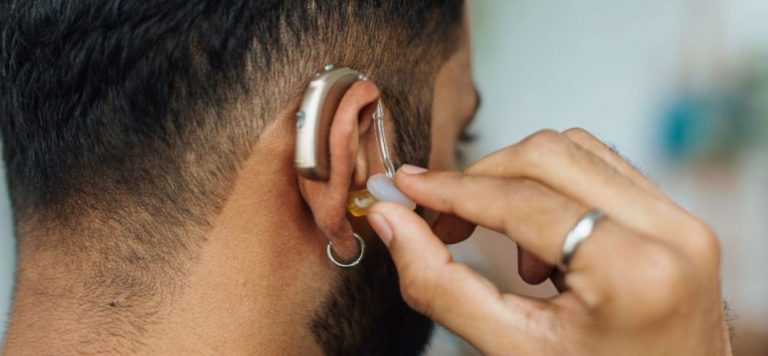Strategies for Quality Rest and Rejuvenation
Do you often lay in bed for hours and can’t sleep? Tossing and turning, watching the hours tick by, knowing that you have a busy day ahead of you. But you don’t have to suffer through it alone! I’ve been there many times, and have learned a ton on my own journey to managing my sleep issues and getting good quality sleep.
This article will cover the most common sleep disorders and what you can do in both the short term and long term to address your sleep problems and get a better night’s rest.
Common Sleep Disorders and Symptoms
If you are constantly experiencing daytime sleepiness, and struggling with attention, memory or general functioning, you could be struggling with a sleep disorder. Researchers estimate that 50 to 70 million Americans suffer from a chronic sleep disorder. This section will cover four of the most common sleep disorders and symptoms.
(The following information is sourced from the Centre for Disease Control and Prevention)
- Restless Legs Syndrome: It can be described as intense creeping, prickling or painful sensations often in the lower legs that are relieved by moving your legs (often worse at night and when lying down).
- Insomnia: Chronic difficulty falling and/or staying asleep (can include waking up too early in the morning).
- Sleep Apnea: People with sleep apnea momentarily stop breathing in their sleep (may cause a gasping or choking sound) which also briefly interrupts their sleep.
- Narcolepsy: Excessive daytime sleepiness combined with sudden muscle weakness often looks like episodes of uncontrollable “sleep attacks.”
What to Do If You Think You May Have a Sleep Disorder
Untreated sleep disorders can cause or worsen other physical and mental health conditions, so it’s crucial to get the appropriate treatment from a healthcare provider.
- Visit your doctor to discuss your sleep issues, address any other medical conditions affecting your sleep and make a treatment plan to address your sleep problems. This could include behavioral changes, medication, supplements and/or therapy.
- Your doctor may give you a referral to a sleep clinic for a sleep study (called a polysomnogram) which can identify sleep disorders such as sleep apnea, restless legs syndrome and insomnia.
- Therapy can teach you good “sleep hygiene” (habits and routines to promote better sleep health), relaxation and stress-reduction techniques.
What to Do When You Can’t Get to Sleep
In The Moment
- Reduce distractions (noise, light, comfortable temperature, comfortable pillow, etc.).
- Get out of bed and move to another space to do a calm activity like reading, gentle stretching or deep breathing.
- If there is something specific on your mind, jot down your thoughts instead of ruminating on them.
- Have a glass of water or herbal tea.
- Distract yourself from stressing about not getting enough sleep.
Go back to bed only when you feel sleepy.
15 Long-Term Strategies for Better Sleep
While sleep is a natural process, there are many changes we can make to our habits and routines to make it easier to get a good night’s rest.
I highly recommend checking out the book Quiet Your Mind and Get to Sleep by Colleen E. Carney (Ph.D.) and Rachel Manber (Ph.D.). They use Cognitive Behavioral Therapy techniques, which are as effective as sleep medications with more long-term relief from insomnia.
In the following section, we will briefly go over some of the strategies suggested in the book.
- Develop a relaxing wind-down routine: Brush your teeth, wash your face and choose a calming activity like reading, or listening to an audiobook or podcast.
- No screens at least 1 hour before bed: The blue light from our cellphones, tablets and other devices can trick our brains into thinking that it is daytime.
- A cozy sleep environment: Make sure you have a comfortable pillow, temperature, quiet (or white noise if you prefer), blackout curtains or a sleep mask to block out any light.
- Keep your clock out of sight: Constantly checking the time only worsens anxiety about not sleeping.
- Keep your clock and cell phone out of sight.
- Limit caffeine and alcohol, especially in the evening.
- Stay hydrated throughout the day so that you aren’t waking up thirsty throughout the night.
- Exercise, but not too close to bedtime as it can keep us awake.
- Don’t eat right before bed (especially heavy or spicy foods), instead have an evening snack.
- Manage stress: Make time for hobbies and relaxation time. Get support if you are struggling to manage on your own.
- Use a journal or planner to jot down your thoughts, tasks and plans so you don’t stay awake at night stressing about them.
- Having the same bedtime and wake-up time every day trains our bodies to know when it’s time to sleep and when it’s time to be awake.
- Don’t nap! Napping messes with our sleep schedule and causes more problems in the long run. Try to stay awake until close to your usual bedtime. If you must take a nap, limit it to 20 minutes.
- Treat any medical conditions that may be impacting your sleep (ex. A CPAP for sleep apnea, heartburn medication, pregnancy pillow, etc.).
- Keep a sleep diary to help you to identify patterns in your sleep and your individual sleep issues.
Get some bright light first thing in the morning. This helps to regulate our circadian rhythm. If you live in a darker climate, you may want to consider investing in a light therapy lamp (sometimes called a SAD lamp)
Sleep Like a Pro
Having trouble falling asleep or staying asleep can take a huge toll on your well-being. Rest assured that there are tons of steps you can take to ensure that you get a better night’s sleep. Some small changes in your daily habits and routines can make a significant impact on the quality of your sleep.
As always, make sure to check in with your healthcare provider if you think you may have any symptoms of the common sleep disorders listed above or to address any other health issues that could be affecting your quality of sleep.

